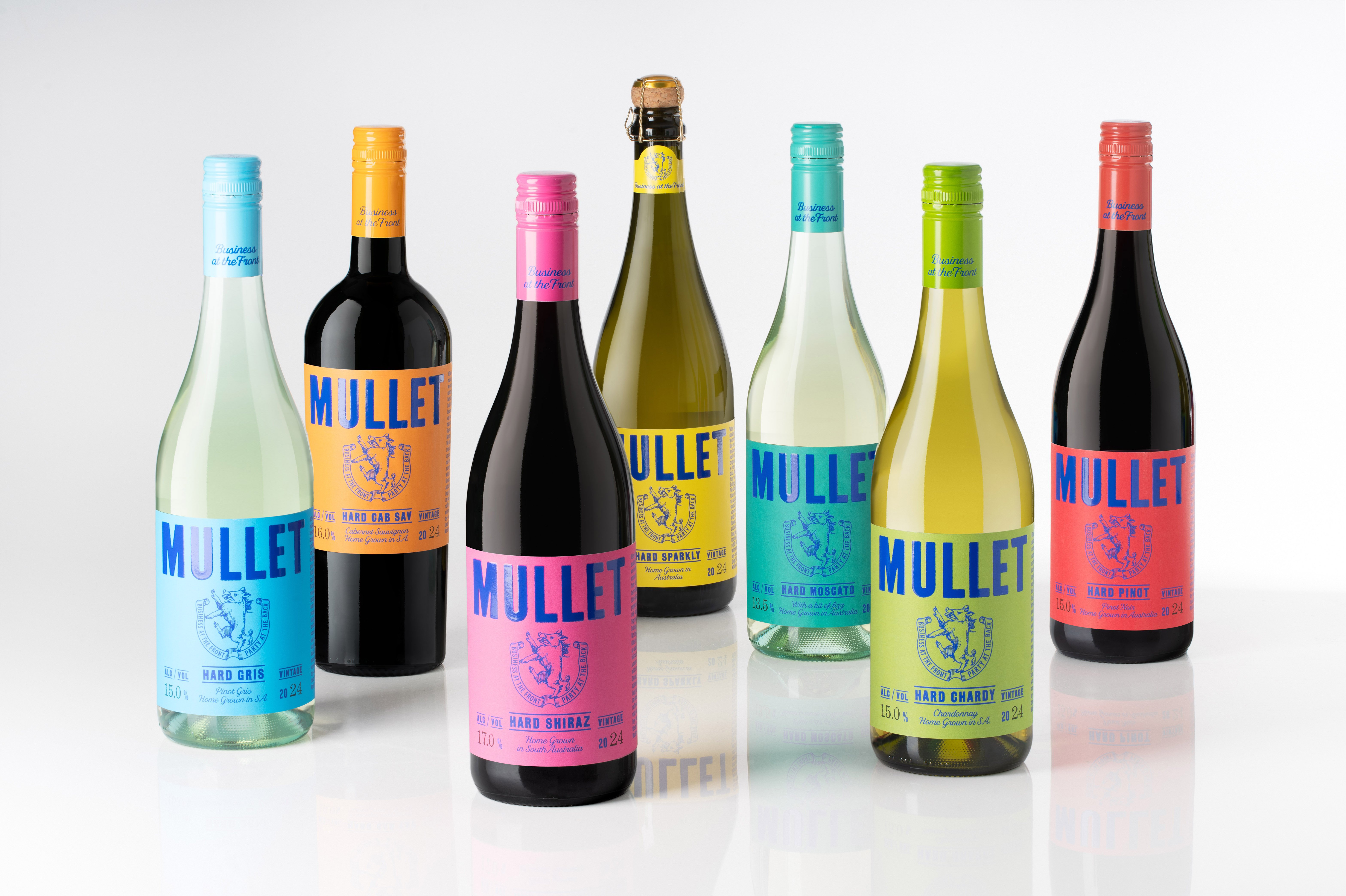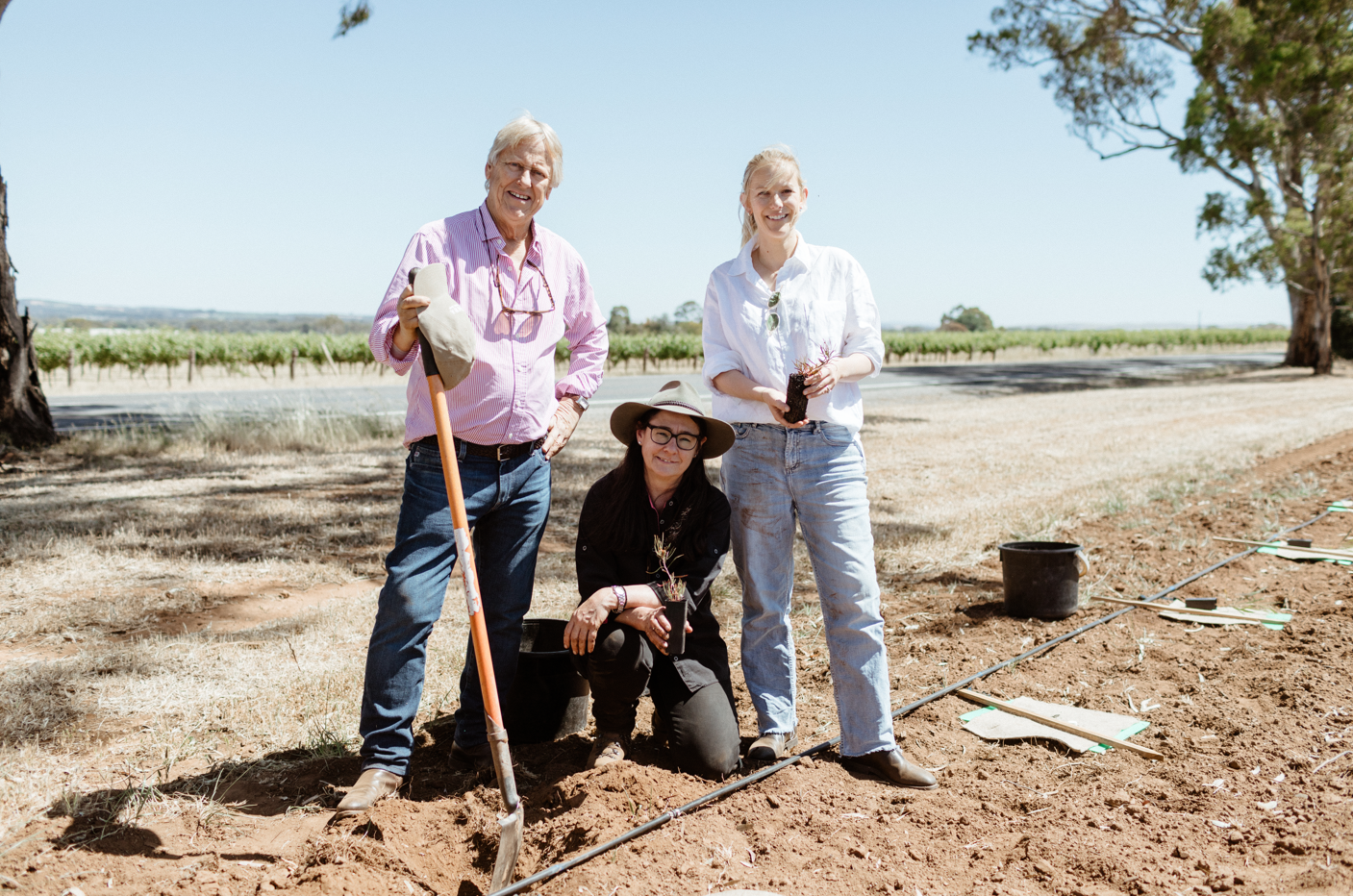Treasury Wine Estates has announced that it has reached an “in principle” agreement with shareholders that launched a class action in April 2020. As part of the settlement, TWE has agreed to pay $65 million to shareholders that were negatively impacted by a major downgrade in its profits forecasts over four years ago.
“In reaching this settlement, TWE makes no admission of liability,” said a spokesperson for Treasury Wine Estates to the ASX.
“The settlement was a commercial decision made in the best interests of shareholders to enable TWE to remain focused on executing against its strategy.”
The settlement between TWE and law firms Slater and Gordon and Maurice Blackburn was confirmed on Sunday, one day before a seven-week trial was scheduled to begin at the Supreme Court of Victoria.
“We are pleased to have been able to reach this outcome for group members on the eve of a trial listed for 7 weeks, following hard fought litigation with Treasury,” said Mitchell Coidan, Class Actions Principal Lawyer at Slater and Gordon.
“The outcome means that group members who sustained losses as a result of Treasury’s allegedly contravening conduct, will receive compensation in the short term. We are glad to have achieved this result for affected Group Members, without the need for a protracted Court process.”
The two class actions first arose on 3 April 2020 and 1 May 2020 shortly after Treasury Wine Estates downgraded its full-year profit forecasts from earnings before interest and taxes of 15-20% to 5-10%.
"It came after TWE downgraded its profit forecast for 2019-20 following concerns about cheap wines flooding one of its key markets, the US, plus fears the coronavirus would hit high-end sales of wine into China," wrote a reporter for The Weekly Times at the time in March 2020.
In its announcement to the ASX yesterday, TWE described the proceeding as “a consolidation of the two shareholder class actions… [that] was commenced after TWE revised its earnings guidance on 28 January 2020 and includes allegations that TWE engaged in misleading or deceptive conduct and breached its continuous disclosure obligations.
The settlement is now being subjected to the finalisation and execution of a deed of settlement, which will need approval from the Supreme Court of Victoria prior to being performed.
//
Interview: In conversation with Michael Parks, TWE’s Global Director of Sustainability
Share the content










